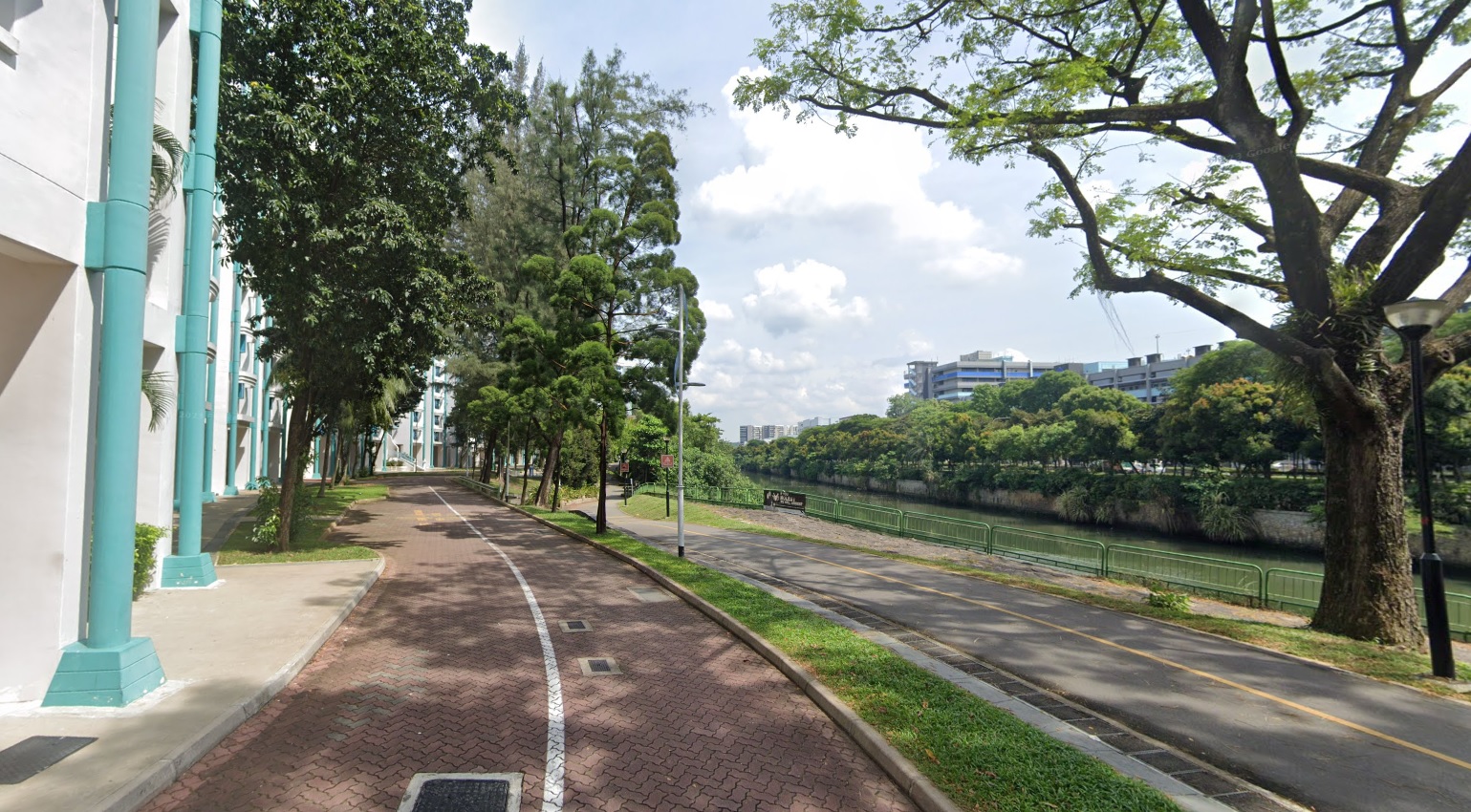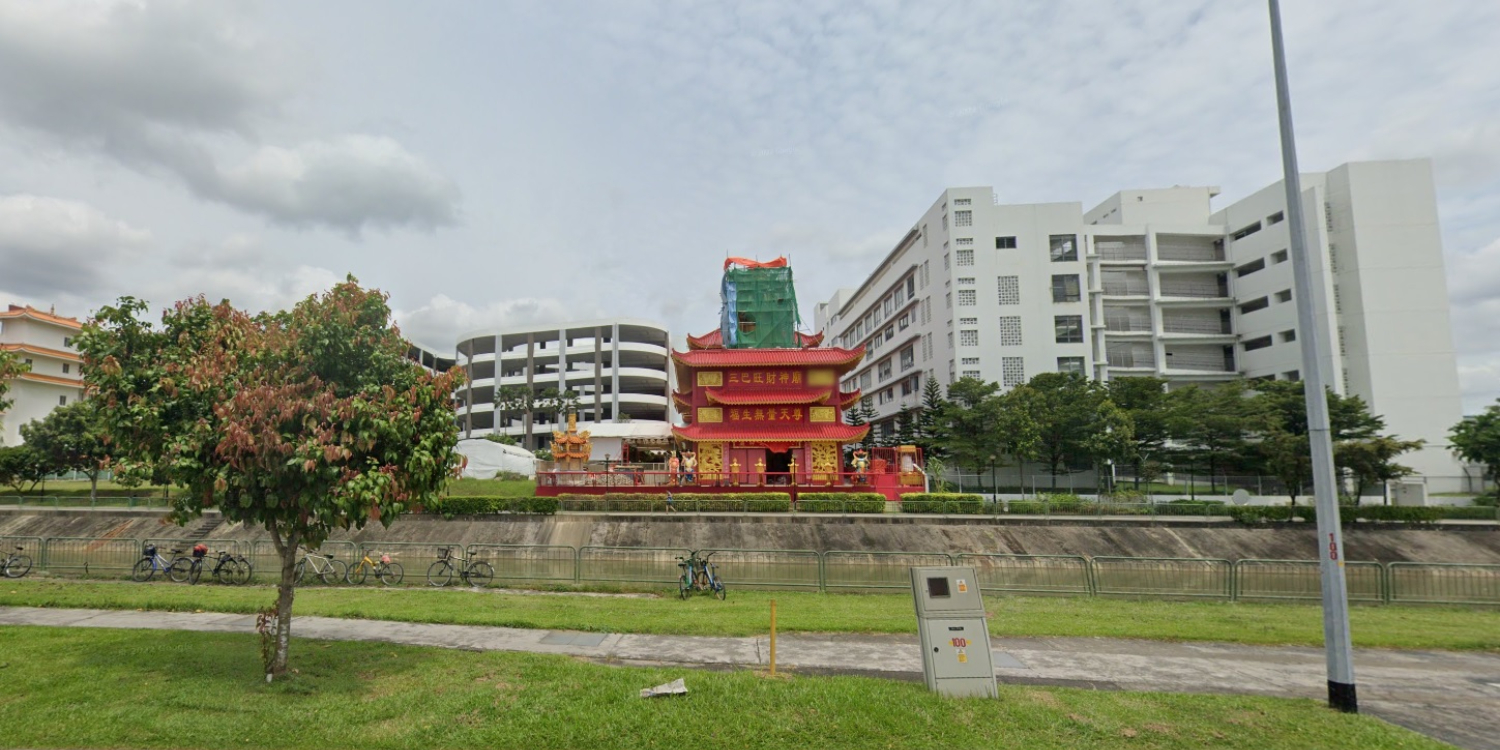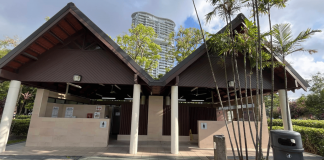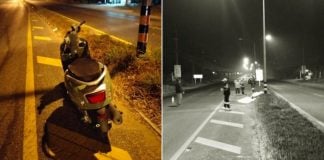Man dies after swarm of hornets sting him near Sembawang temple
While cycling along a park connector in Sembawang, a 60-year-old man was attacked by a swarm of hornets from a nearby tree.
Soon after, he started feeling giddy and breathless and developed a sore throat.
He succumbed to the bites and died in hospital three days later.
The coroner’s court heard on Tuesday (5 Mar) that the final cause of death was multi-organ failure and ischaemic heart disease resulting from the attack.
Man felt giddy & breathless after being stung by hornets in Sembawang
According to Channel NewsAsia (CNA), 60-year-old Mr Ronnie Ang was cycling along the park connector in the late morning of 4 July 2022.
Sometime between 11.45am and 11.55am, he was travelling past the Sembawang God of Wealth Temple when a swarm of hornets stung him multiple times.
Mr Ang called his wife, Madam Oh, and told her what happened.
At first, Madam Oh told Mr Ang to go home and that she would take him to see a doctor. After a few minutes, she called him again and asked for his exact location — the park connector (PCN) in front of Block 467A Admirality Drive.

Source: Google Maps
The PCN is about a seven-minute bicycle ride away from the temple.
At this point, Mr Ang was starting to feel giddy and breathless, and had developed a sore throat. Therefore, he was unable to cycle home.
Madam Oh then phoned for an ambulance before heading to his location.
When she got there, she took a photograph of Mr Ang’s back and sent it to their family group chat, which included her daughters.
Died from multiple organ failure 3 days after attack
On the morning of 5 July 2022, Mr Ang was conveyed to Khoo Teck Puat Hospital (KTPH) and warded in the Medical Intensive Care Unit (MICU).
Medical staff did not notice any clinical signs of an allergic reaction but gave him treatment for any possible reactions.
They also treated him for multi-organ failure due to insect stings and placed him on continuous dialysis for acute liver and kidney failure.
Mr Ang’s condition deteriorated despite the treatments, and he died in hospital on the morning of 7 July 2022.
An autopsy found lesions consistent with insect stings but his body had no stingers from the hornets. There was also no evidence of anaphylaxis or a life-threatening allergic reaction.
Further investigations revealed a hornet nest among the branches of a tree along the PCN.
No antidote for hornet stings & insect venom, says KTPH doctor
Dr Lim Chiow Teen, a senior consultant at KTPH who was in charge when Mr Ang was in MICU, said during Tuesday’s hearing that she and her colleagues decided to ward Mr Ang in the MICU after tests showed a worsening trend.
She added that the hospital did not know the what kind of insects had stung Mr Ang at the time.
However, Dr Lim noted there is no specific antidote for hornet stings or insect stings, nor is there a general antidote for insect venom.
Speaking on how the stings can cause organ failure, CNA quoted her as saying: “In Mr Ang’s case, it started off with multiple insect stings followed by a likely toxin effect on his vital organs, starting off with the liver followed by the kidneys, and then increased acidity in the blood and failure of the liver and kidney to continue functioning to provide for normal bodily function.”
Mr Ang’s family then asked Dr Lim why the emergency department did not carry out toxicology tests and why the hospital did not give him tetanus shots.
In response, she said she did not think there was any specific toxicology test available for hornet stings, but noted that she was not from the emergency department.
Tetanus shots are also not part of the hospital’s protocol for insect stings, she added.
The coroner’s inquiry into Mr Ang’s death is ongoing.
Have news you must share? Get in touch with us via email at news@mustsharenews.com.
Featured image adapted from Google Maps.









